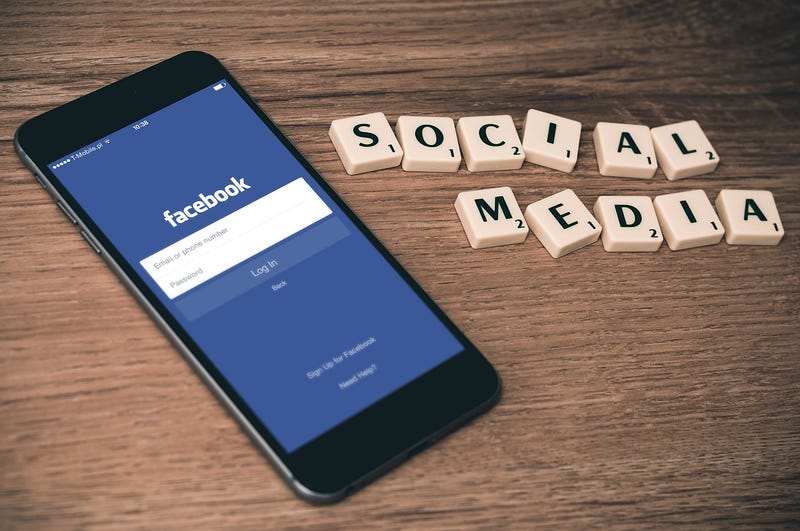The End of Social Media as We Know It
Good Riddance
Good Riddance

The first online social network I ever used was AOL chat rooms and yes, I know writing it dates me. My great-uncle was a computer wizard in the 80s and bought my mom a modem for our Apple IIe. All I knew was it used the telephone lines because we weren’t allowed to be on the phone when Mom was on the computer.
I also remember Mom would stay awake for hours chatting with people from all over the world. As time went by, AOL grew bigger and bigger until finally, commercials would state, “Find us online using AOL keyword NFL.”
I’m a part of the last generation to grow up where we didn’t have to worry about our nudes being posted online or worrying about what secret Sally shared with the entire school. Facebook, Twitter, and YouTube all launched while I was in college, and by then, we were mostly out of the woods of teenage angst and high school betrayals. However, it’s here, around 2007, that modern social media begins and it’s all thanks to one product — the iPhone.
The iPhone gave teenagers the internet in their pocket and for the first time, you could take everyone on Earth with you were ever you went. Did you go to Italy? Post that picture! Did you record something silly? Send it to your friends and family! Entire careers and even lives have been destroyed thanks to modern social media. Governments have been brought to their knees or even broke.
So, here we are today with an explosion of new social networks, just like the late 00s. Mastodon, Threads, and Bluesky are just the new kids on the block but the old players like Facebook (now Meta), YouTube, TikTok, and Twitter are still around. Their power has waned, however.
With decentralization starting to take hold, it will be harder for misinformation to spread through the entire population as different algorithms compete against each other. Some social networks, such as Medium, are starting to take a more human approach to content curation. Time to well if it works better than the ever-present algorithm.
I’ve read articles from major media outlets stating not having everyone in one place will make sharing information harder, but isn’t that the point? Less control. Less manipulation. As a population, we can be harder to lie to if the flow of information is harder to manipulate.
If you read your history books, you’ll remember radio, newspapers, tv news, and even the early Internet all had periods where they were the Defacto source of information for the population. Now it’s social media’s turn, and just like when those monopolies died, we will be better off after their power has been limited.
So, good riddance to the stranglehold Meta, Twitter, and Google have held onto for far too long. I, for one, welcome our new decentralized overlords.

